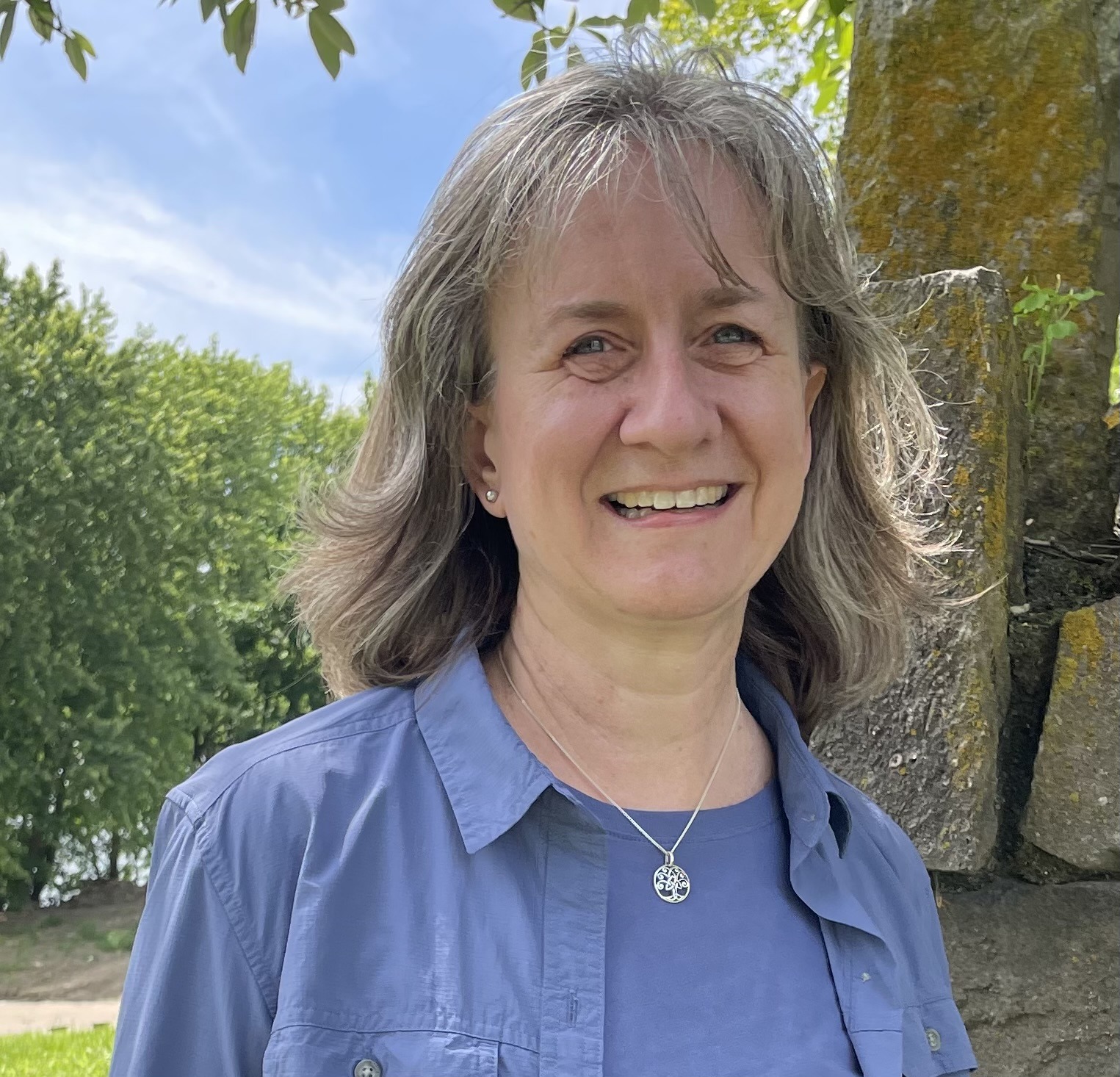
How do you see your work as sacred? As set apart for God’s purposes? Over the coming months, I want to explore what it might mean to see the work of scholarship, teaching, and service as sacred – the ways in which we engage in this work as well as the content itself.
One of the first steps on this journey is to see ourselves and our work as part of God’s sacred story revealing God’s truth, goodness, and beauty. Perhaps Paul’s image of Jesus shared with the Colossians helps you to see your work as part of this narrative.
For in him all things were created: things in heaven and on earth, visible and invisible, whether thrones or powers or rulers or authorities; all things have been created through him and for him. He is before all things, and in him all things hold together. (Colossians 1:16-1)
Our work, our scholarship, is included in all things created and in the things that Christ holds together.
Or envision yourself as one of the disciples Jesus talks with on the way to Emmaus.
And beginning with Moses and all the Prophets, [Jesus] explained to them what was said in all the Scriptures concerning himself.
As they approached the village to which they were going, Jesus continued on as if he were going farther. But they urged him strongly, “Stay with us, for it is nearly evening; the day is almost over.” So he went in to stay with them.
When he was at the table with them, he took bread, gave thanks, broke it and began to give it to them. Then their eyes were opened and they recognized him, and he disappeared from their sight. (Luke 24:27-31)
I can imagine that before Cleopas and the other disciple knew their fellow journeyman was Jesus, the explanation of scripture was interesting to them and maybe took their mind off of their despair over Jesus’ death and disappearance. Yet, even as their hearts burned as they listened, it was likely they did not see themselves as characters in this story except on the margins. However, when they recognized Jesus as he broke bread, they were in the narrative in a new way. So too, God invites us into this narrative with our whole selves, which includes our work as scholars.
As a spiritual director and campus minister with grad students and faculty, I have often invited people to think about their place in God’s narrative by asking the question:
Where have you seen God in your week?
First responses typically include typical religious practices – I sought to love my difficult colleagues, I shared that I went to church. All good responses. But then I encourage them to think more broadly and deeply, reminding them as Paul does that “in Christ all things hold together.”
In this vein, I have heard faculty members speak of God as an integral part of their work. One theoretical mathematician shared how they take time to pray and invite God into the process before sitting down to work on a problem. Another professor was drawn to research in educational pedagogy as they realized the extent to which marginalized groups of children were constantly falling behind in learning over summer break. Still, another faculty member was interested in pursuing research in their field related to hope.

Most InterVarsity staff regularly ask similar questions. You may have even been part of such conversations. I’ve engaged in these conversations over lunch, in Zoom Bible studies, at a faculty conference poster session, and even during pilgrimages – as the disciples in the story. Though Jesus may not have been physically present in any of these conversations, by the end, I believe we each saw ourselves and our work as a little more part of God’s story.
I encourage you to take time over the next month to consider how your work fits into God’s story. How does the reality of Jesus’s story intersect with your work on campus or wherever you are pursuing scholarship? How do you see your work as sacred?
To help with this you may want to look at the Bible studies related to the Four Faculty Loves. These studies help to draw us into God’s story by focusing our sight first on God’s love for and creation and our response to that love in loving God and others, loving the campus, loving our academic disciplines, and loving the world.
Another helpful resource is the Square Inch Testimony guide which provides prompts that help you consider God’s action in the “square inch” in which you are working.
Or you may simply want to invite a fellow scholar to coffee and ask these questions of one another.
However you decide to explore the place of your scholarship in God’s story, I would be interested in hearing what you discern. Perhaps we could hold an online gathering or collect and publish a series of these stories to encourage one another along the journey of the sacred work of scholarship.

Jamie serves with InterVarsity Graduate and Faculty Ministries as an Associate Director of Faculty Ministry and as interim Director of the Emerging Scholars Network. Among other things, in this work she enjoys the opportunity to put into practice her doctoral research in literary pilgrimage and training in spiritual direction. She also ministers with the local faculty community at the University of Cincinnati.

Leave a Reply